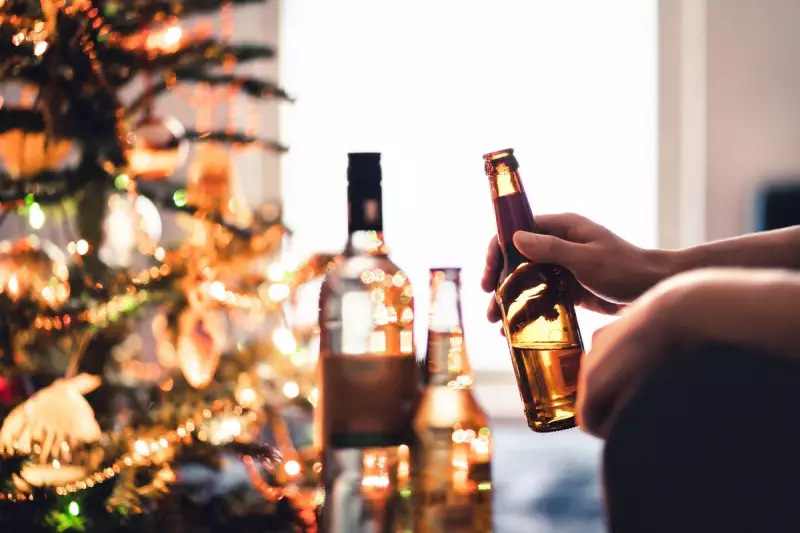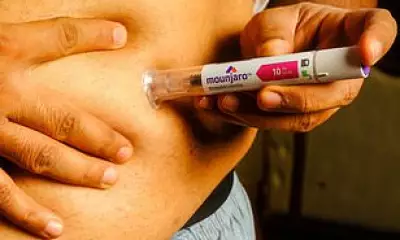
The festive period presents a perfect storm for anyone attempting to cut back on alcohol consumption. Between end-of-year deadlines, work parties, family gatherings and school events, alcohol becomes increasingly prevalent throughout December, making drinking feel not just normal but socially expected.
Why Planning Beats Willpower
According to alcohol specialists Katinka van de Ven from UNSW Sydney and Nicole Lee from Curtin University's National Drug Research Institute, relying solely on willpower often proves ineffective. Evidence suggests that setting positive goals focused on how you'll approach situations rather than what you'll avoid provides a far more successful strategy than attempting complete abstinence.
Eight Evidence-Based Strategies
Create a Drinking Plan in Advance
Scientists identify a cognitive tendency called present bias, where our brains prioritise immediate gratification over long-term objectives. By planning your drinking and non-drinking days ahead of time and committing to this schedule, you reduce opportunistic drinking when social pressure peaks and willpower diminishes.
Monitor Your Alcohol Intake
Tracking your drinks represents one of the most effective and well-supported methods for reducing alcohol consumption. Recording each drink in real time using evidence-based apps like Drink Tracker, a notebook, or your phone calendar increases mindfulness about drinking patterns and helps maintain motivation.
Explore Alcohol-Free Alternatives
The growing availability of alcohol-free beer, wine and spirits has made social participation easier for many people seeking to avoid intoxication while maintaining the ritual of drinking. However, experts caution that these alternatives might not suit everyone, particularly those who find the sensory aspects of alcohol triggering.
Moderate Your Drinking Pace
Alternating alcoholic beverages with non-alcoholic options, particularly water, effectively reduces overall alcohol consumption. Eating healthy, filling food before and during drinking sessions also helps by slowing alcohol absorption and preventing rapid blood alcohol spikes, potentially reducing hangover severity.
Avoid All-or-Nothing Thinking
Don't fall into the goal violation trap, where a single slip leads to abandoning your entire plan. Specialists emphasise that occasional lapses don't signify failure and recommend resetting immediately rather than letting one drink derail your progress.
Establish Accountability Systems
Informing friends or partners about your drinking reduction goals creates valuable accountability and support. Having someone join you in your efforts significantly enhances your chances of success throughout the challenging festive period.
Prepare Responses to Social Pressure
People will likely notice your reduced drinking and may offer you alcohol. Preparing simple responses like I'm good or I'm pacing myself tonight helps navigate these situations comfortably without needing lengthy explanations.
Practice Self-Compassion
Behaviour change rarely proceeds perfectly. Instead of responding to slips with shame or guilt – which often leads to increased drinking – treat them as learning opportunities. Analyse what made sticking to your goals difficult and adjust your strategy accordingly.
Maintaining Control During Celebrations
December doesn't have to derail your health objectives. Sustainable change emerges from consistent small steps, even during the busiest social season. Focus on developing a relationship with alcohol where you maintain control, rather than letting alcohol control you.
If you're making significant changes to your drinking patterns, consult your GP or explore free evidence-based resources such as Hello Sunday Morning, SMART Recovery and the Alcohol and Other Drug Hotline.






